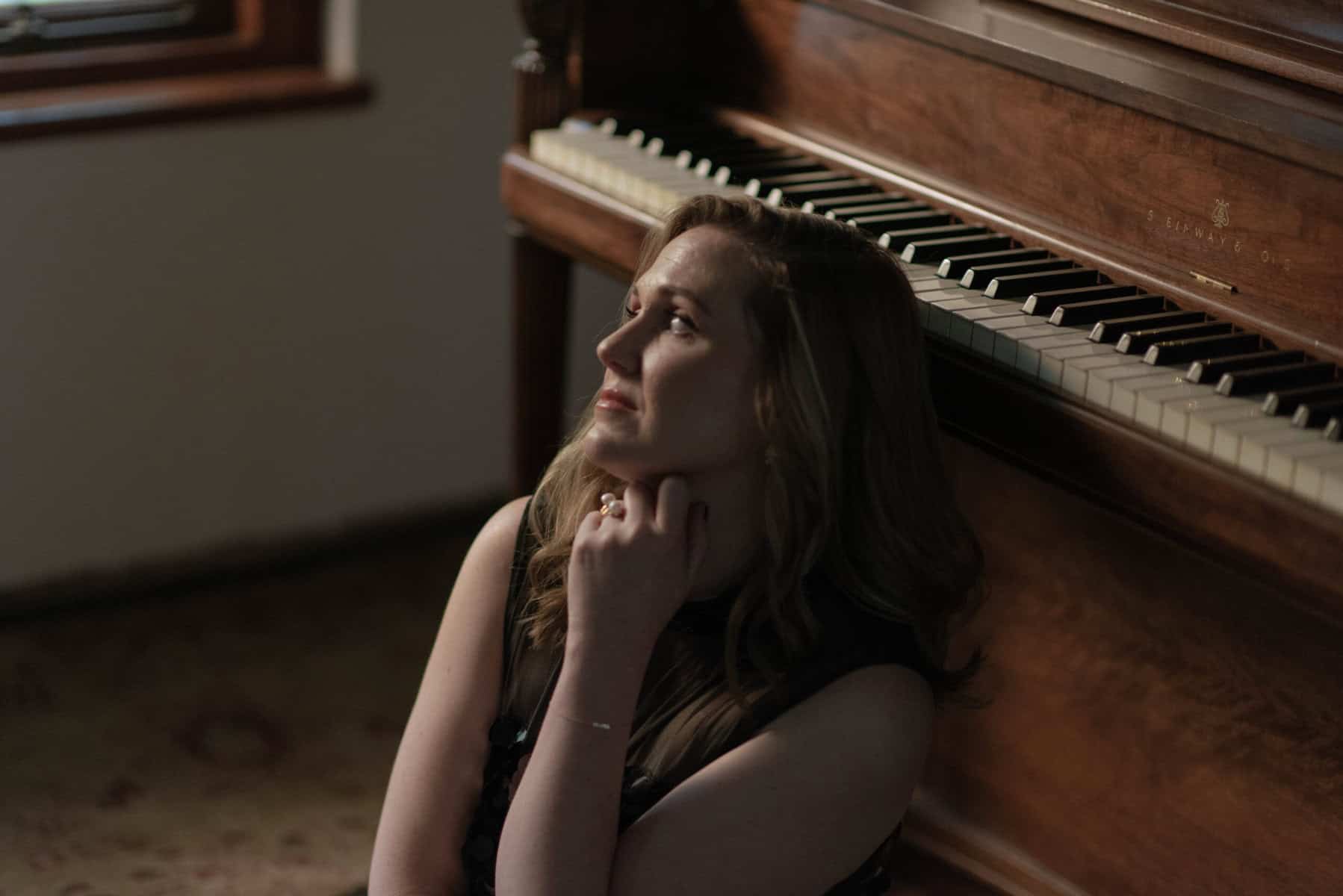Music speaks to the soul. And while composer Caroline Leisegang thought her debut was terrible, it made it to iTunes No. 1. Now she's back.

Acclaimed South African classical music composer Caroline Leisegang marks the tenth anniversary of her award-winning debut Øyeblikk with the release of ØYEBLIKK: RECOMPOSED this month.
First released in 2015, Øyeblikk debuted at number one on the iTunes classical chart, earned the Best Classical Album title from iTunes, and cemented her status as one of South Africa’s most promising classical artists.
A decade later, Leisegang returns to the same compositions with a fresh perspective, reimagining five of the seven original tracks with, she said, greater restraint, warmth, and emotional clarity.
ØYEBLIKK: RECOMPOSED takes you back to the music that first introduced you to the world. What made you decide that now was the right time to revisit and rework these pieces?
When I first wrote Øyeblikk, I was still a very young-minded composer, not entirely certain of my style, sound or intention. I wanted to see how I would change/write the music in my present style. Maybe slightly matured.
You’ve described this album as a reimagining rather than just a rearrangement.
They are completely new pieces while still keeping the themes that make them identifiable. I think they feel as though they’ve reached a new point of view in their own lifespan. They’re maybe warmer, simpler. More space to breathe.
ALSO READ: Film extraordinary: Bono’s Stories of Surrender
For this project, you reunited with your original producer and introduced the felted piano to create a more delicate texture.
Every time I go into the studio I feel like I have all these ideas of how I want to sound but I have no clue of how actually to achieve them.
That’s where Jacques is so pivotal; he is so good at just guiding you towards where you want to be. It was his idea to felt the piano.
In music school, we’re taught about all these different techniques, but more often than not, I’ve been scared to try anything, and maybe it’s because I’m not smart enough to play around with sound – Jacques is! He creates that safe space to adventure into the music.
When Øyeblikk debuted at number one on iTunes now and in the past won Best Classical Album of 2015, did you have any sense at the time that it would make an impact,
Quite honestly, I thought the music was terrible and didn’t think it would make any impact.
Which is such a contrast to this album because I love this album, but again I’m worried it still won’t make an impact – I really hope I’m wrong!
The debut created a platform for me that I don’t think I’d ever have – it allowed for me to trust myself when writing and that if I felt something was right for me at different times of my career, to just trust that intuition and go with it, and with each album/work that’s followed Øyeblikk I’ve been exploring where I want to be.
What threads connect all your music, and how has your approach matured over time?
I think the main thread here is my own musical style, which has always remained the same, no matter the album.
I always seem to write in a certain rhythmical style, which always translates, whether complex or simple, and it’s something that’s identifiable. Every work is inherently “me”.
“I think it’s who I am throughout every album that strings them all together, and I’m never not present in each one.
“|My approach has become less doubtful and more certain in what I’m doing, less impulsive and more thought out.
“My debut was a work I’d spent composing more than a year or so – and I’ve found myself coming back to that process.
You’ve spoken openly about facing serious health challenges and taking time away from the public eye to recover.
Everything becomes part of you. I don’t think anything changes me in any particular way. I just live my life as purposefully and normally as possible, and the emotions naturally follow. Where I am now, and especially in this album, is to write as honestly as I can.
Themes of time, memory, and repetition run through much of your work. How do these ideas come through now?
This is a good question. I hadn’t really thought about this yet.
I think they’re still glimpses of moments, new moments piggybacking off of the old.
Maybe how moments can evolve, still, and how time goes on, but at your core, you remain the same.
NOW READ: ‘Roger Waters: The Wall’ is an epic watch
Support Local Journalism
Add The Citizen as a Preferred Source on Google and follow us on Google News to see more of our trusted reporting in Google News and Top Stories.






